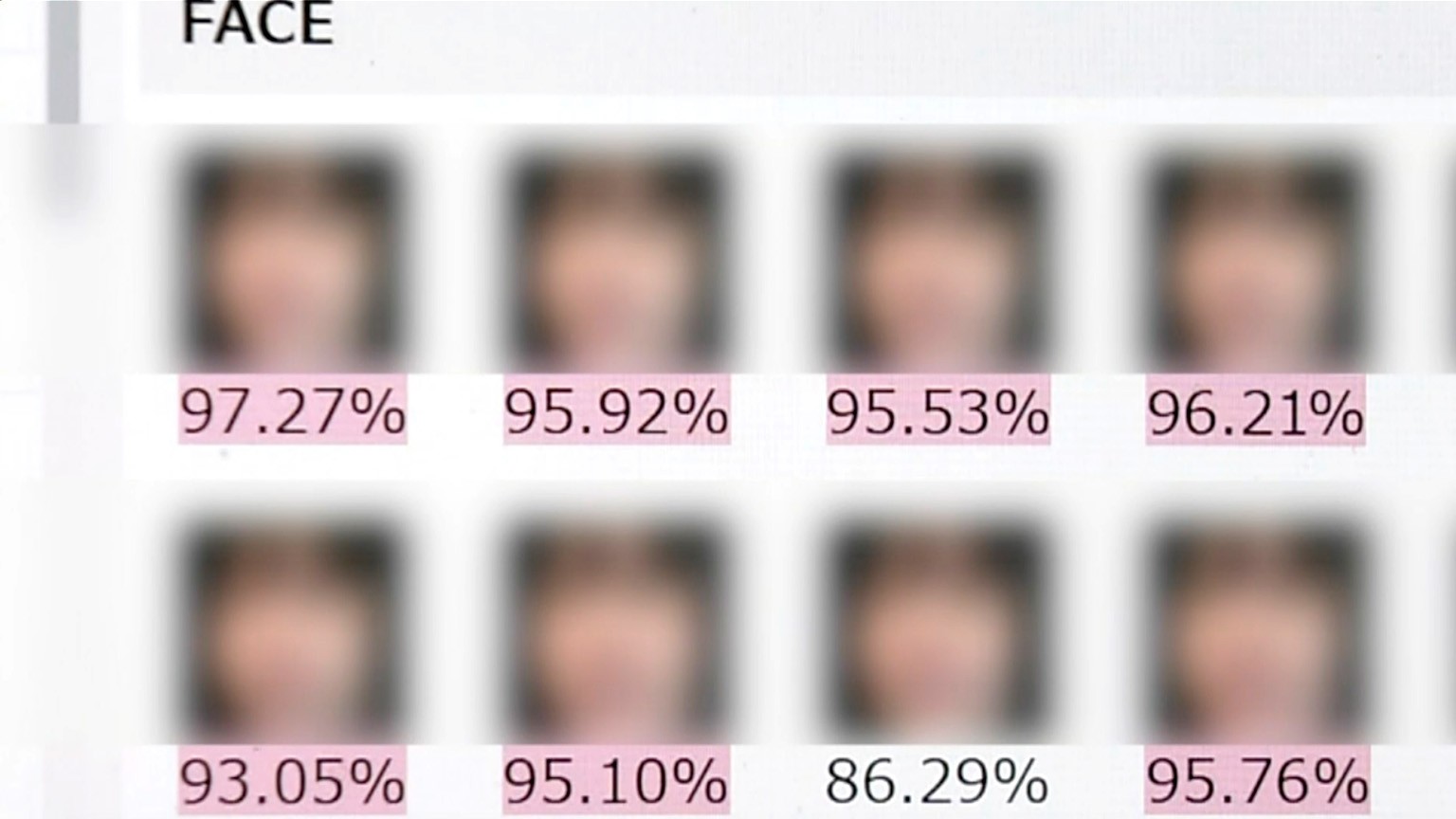Japan's Upper House on Wednesday passed a bill that will create a Japanese version of Britain's Disclosure and Barring Service.
When enacted, it will allow the operators of schools and other children's facilities to seek information on job applicants regarding sex crime convictions from the Justice Ministry, via the Children and Families Agency.
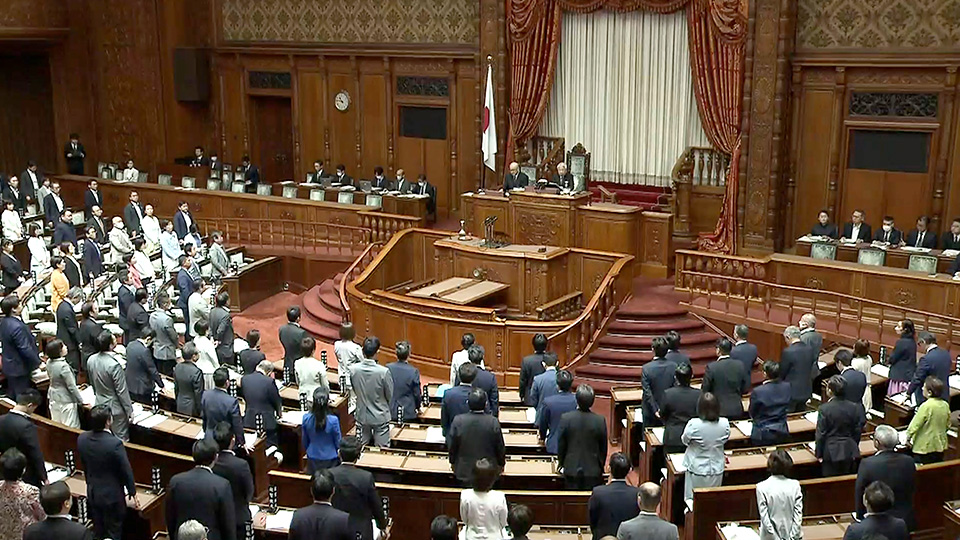
The bill spells out specific sex offenses to be covered, including sex without consent, groping, sneak photography and violations of the laws relating to child pornography.
Any conviction records will be accessible for 20 years after those found guilty serve their prison sentences, and 10 years for those sentenced to pay fines.
Now, with the bill enacted, the government aims to draw up guidelines for businesses on how to deal with situations when people are confirmed to have a sex-crime record, including transfers and dismissal.
They have also called for possible expansion of the scope of the law to include babysitters and home tutors.
To help this go smoothly, it plans to strengthen the Agency for Children and Families, which will be in charge of the Japanese DBS.
It hopes to have the system up and running in the next two years.
Explicit photos from childhood appear online
The bill may make it possible to maintain the safety of children at schools and facilities. But in the internet age, there are many more places where children are at risk of sexual abuse.
A woman in her 20s says a man she was thinking of marrying suddenly presented her with a photo.
It was of her ― and she was naked.
The man told her it was circulating online.
The woman says that, when she was a high school student, she sent the photo to a person she got to know via social media. She was unaware it was online until her boyfriend showed up with it.
"My mind went blank, my face went white," she said.
Her marriage plans collapsed, even though she was pregnant. She is now raising the child by herself.
The woman says she suffered tremendous damage, and that she will suffer for the rest of her life.
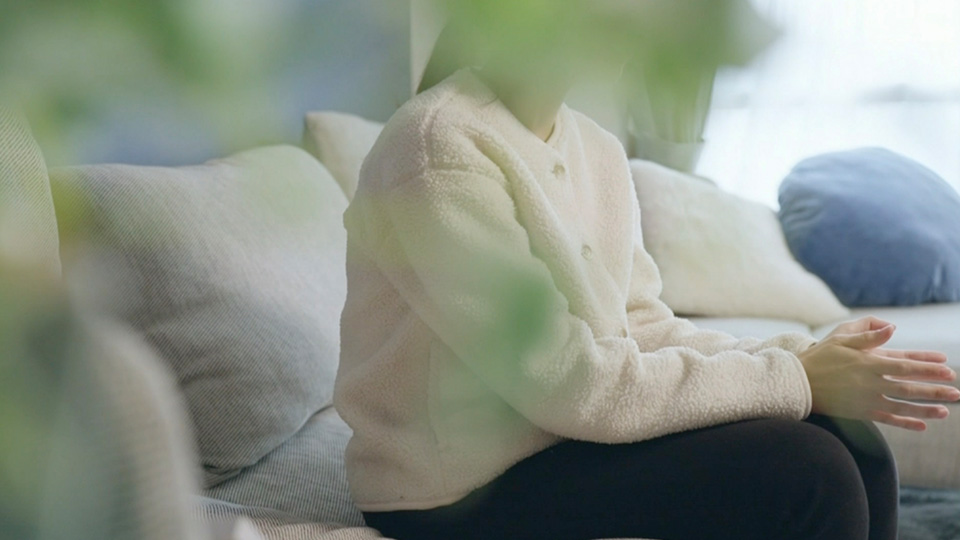
Sexual predators taking advantage of lonely children
Another woman says that when she was in junior high school, she got to know a man through a chat app.
She says she and the man initially talked innocently, with her saying "I came home from school" and him replying "Welcome back."
But she was eventually told to send photos of her face and herself in her school uniform - and that led to the man guiding her into sending him sexual content.
The woman says that, at the time, she felt like a misfit in her family and school. She fulfilled the man's requests for the explicit material.
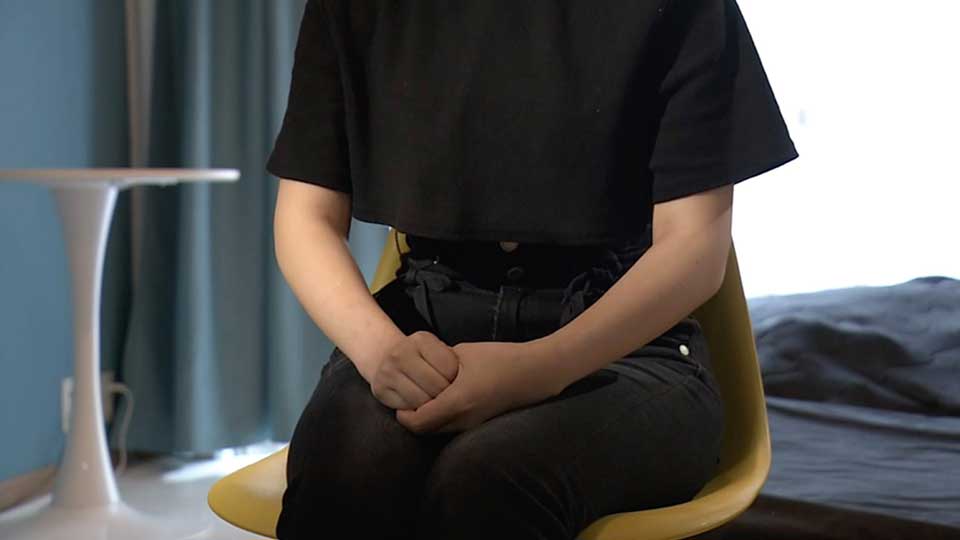
"I was bullied at school and felt lonely. I needed something to hold on to at the time," she says.
Even 10 years later, the thought of what she sent still haunts her. She lives in fear that it is circulating, somewhere online.
Rescue operation by NPO group
PAPS, a Japanese nonprofit group, works on removing sexual images circulating on the internet.
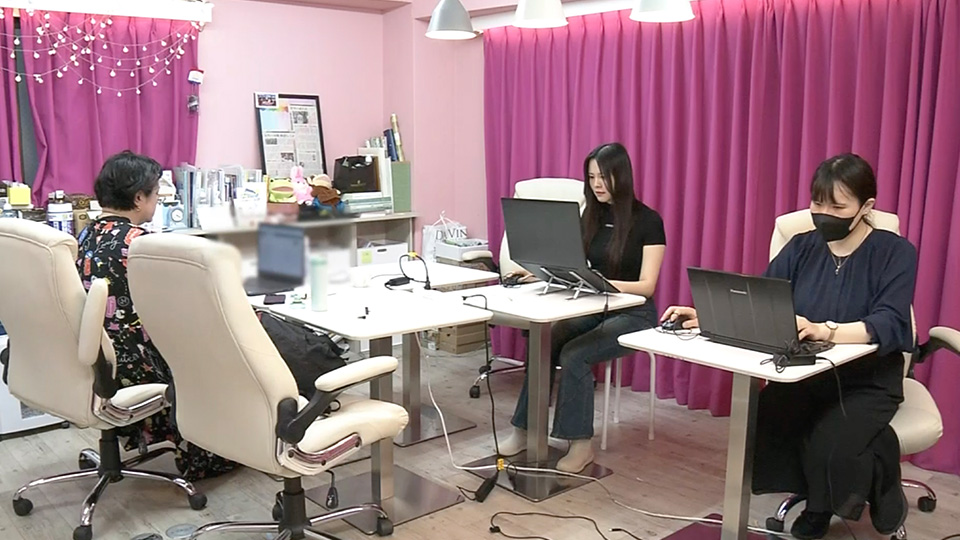
The group asks the operators of content-sharing sites to remove certain images on behalf of people who appear in them.
Since last year, the group has been using AI to detect images that match those of people the group is trying to help. In the last business year alone, it succeeded in more than 16,000 cases.
Kanajiri Kazuna, chief director at the NPO, says it is a bit of a cat-and-mouse game ― that even after content is erased, it may remain elsewhere on the internet. But it's still worth erasing them one by one.
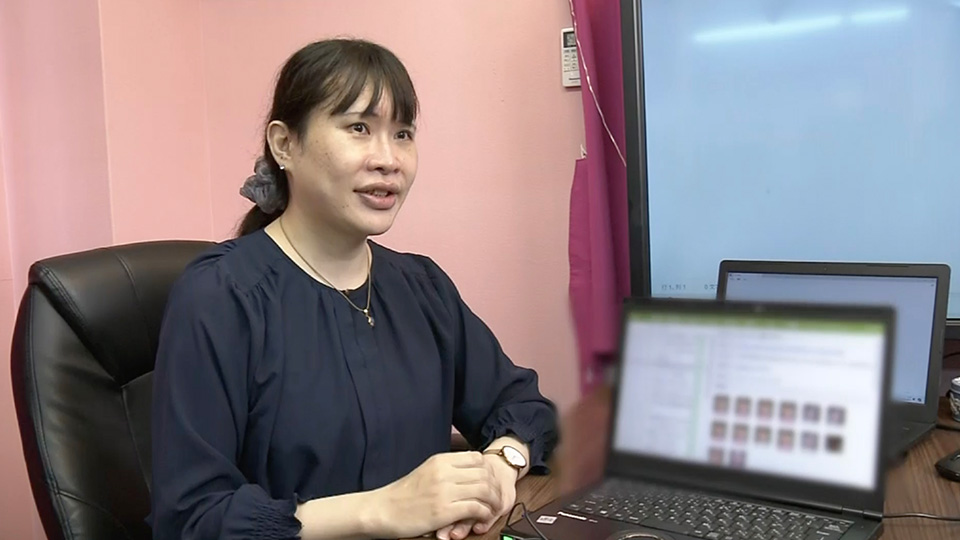
Taking control
Other measures allow people to take control even if they can't tell anybody about their worries -- if the original images or videos still remain in device they hold, such as a phone, computer or tablet.
"Take It Down," a website run by a US non-profit organization, will assign a unique identifier or digital fingerprint to these images or videos. This is then shared with online platforms that take part in the service to see if copies are circulating.
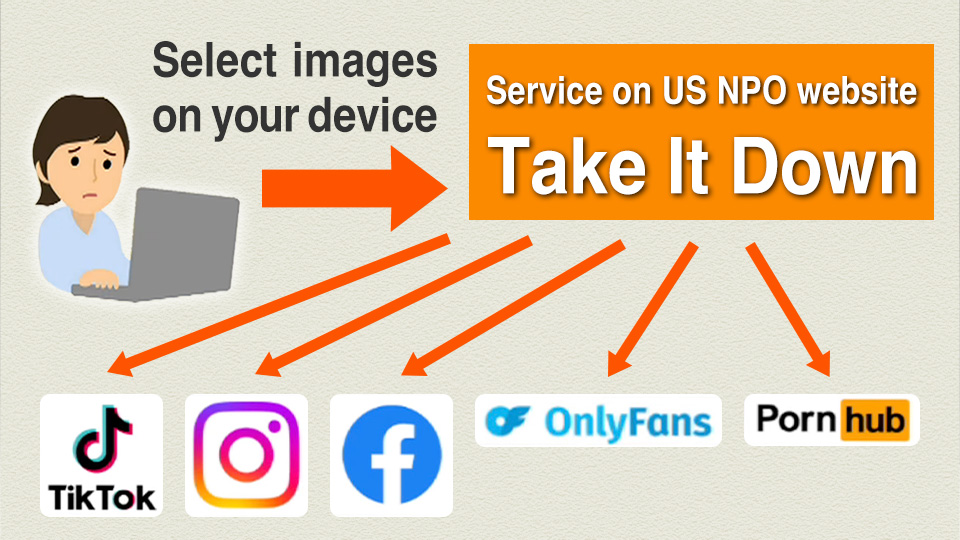
At no point does the actual image or video leave the user's device, according to the website.
The targeted images are limited to those taken when clients were under 18. Each company that receives the digital fingerprint from "Take It Down" should then make efforts to remove the images or limit their spread.
The service is available in 32 languages, including Vietnamese, Khmer and Tamil.
Online extortion leads teen to death by suicide
In the US, there is no end to the number of minors who die by suicide due to sexual intimidation on the internet.
Jordan DeMay killed himself two years ago at the age of 17, just five and a half hours after he first made contact with a Nigerian man pretending to be a woman. DeMay, who was enticed into sending a naked photo of himself online, was threatened with having the images spread if he didn't pay money.

DeMay's father said adults have to be warned that their children will have access to the whole planet with a phone device. He says the device will give the children access to porn as well, and it's the adult's duty to monitor carefully.
He also sends messages to minors, hoping to save them from the fate of his son.
"The number one thing to remember is, if it happens to you, it's okay," he says. "Let someone know, it's not the end of the world."
